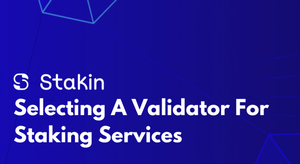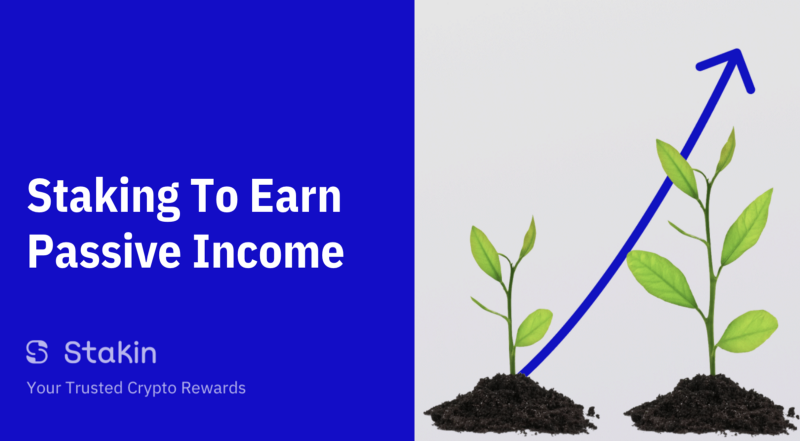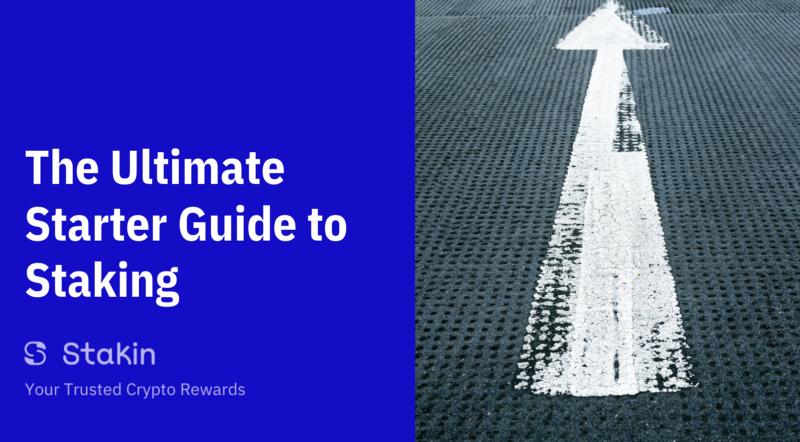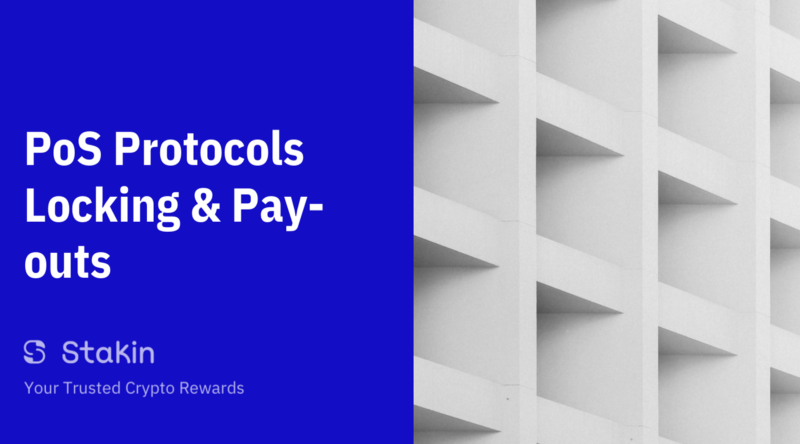Selecting a validator can be a bit of a challenge, there are numerous aspects to consider, anything from personal preference, to commission rate and contributions. But before we dive into the way to select a validator, let’s have a look at what a validator actually is.
A blockchain validator is responsible for verifying transactions on a blockchain, and thus securing a node. Once transactions are verified, they are added to the distributed ledger and the blockchain continues working.
Validators, also known as miners, solve challenging computational arithmetic problems in proof of work (PoW) systems like the first Ethereum chain to earn the ability to verify transactions and collect rewards for their “labor”. In Proof-of-Stake mechanisms like Cosmos or Polkadot, validators are given rewards as long as they stake the network’s asset. Delegators can stake their assets through validators, so they don’t need to run nodes themselves. This mechanism helps secure the network by imposing the need to lock up value in the network to participate in the consensus decisions.
Now, that might leave you with one additional question: what is staking? Staking is the process of delegating your tokens to a Validator to help the underlying proof-of-stake blockchain network operate more efficiently and securely.
That said, selecting the best validator doesn’t just have financial benefits for you, it also helps to decentralize the blockchain network and incentivizes other stakeholders of the chain to participate. So, here’s how to select a validator.
Choosing a Validator
You as a delegator can choose a validator according to your criteria and taste. However, these are the key points that we’d recommend you have a look at to make an estimation on whether a validator should be considered.
- Amount of self-delegated assets:: The more skin in the game a validator has, the better. In Proof of Stake networks, validators are rewarded with tokens after confirming blocks, whereas malicious behavior or failing to perform will get a validator “slashed”. Slashing is a way to penalize dishonest and misbehaving validators, when this happens a validator will be blocked for a certain amount of time or doesn’t receive any rewards. Each blockchain network has its rules concerning slashing, which can often be found in the documentation. For easier overview, we provide the slashing parameters of each network Stakin operates on in the Stake section of our website: https://stakin.com/stake
- Number of delegated assets (to the validator): Total number of digital assets delegated to a validator, illustrates the trust in this validator by the community. However, having a few larger validators can reduce the level of decentralization of the network, so it’s important to find a balance between bigger and smaller validators.
- Commission rate: The rate a Validator charges their Delegators. Delegators claim rewards and are charged a %. This helps Validators pay for operational costs, maintenance costs, etc.
- Track record: Is this validator active or has it been jailed? Do they participate in governance proposals? How’s this validator uptime? Have they missed a few blocks recently? You can confirm this information on independent explorers. For Cosmos ecosystem blockchains, you can take a look at Mintscan and PingPub among others.
- Community contributions: Ask yourself, how does this validator contribute to the network? Great validators provide educational content to delegators and have channels dedicated to assisting delegators. For example, Stakin has official Telegram and Discord channels to address questions Delegators often have, and very frequently shares articles and guides on the different networks on our official Twitter.
- Technical contributions: Some validators are dedicated to setting up RPCs, snapshots, review code, coordinate upgrades and create guides for other validators
It's good practice to confirm the validator operator address which are typically available on their website, you can also use an explorer to find the addresses. If you want to get the most out of your delegations, these are other great rules of thumb to live by:
- You could delegate to validators outside the top 20, this way you support an even distribution of tokens. You might have already seen that typically the top 5 – 10 validators account for the majority of the voting power.
- Delegate to multiple validators, this way you can decrease your chances of being “slashed”. Remember, slashing is a way of penalizing validators.
- Be mindful of the unbonding period, the unbonding period or unlocking period is the number of days you have to wait when you undelegate your tokens and have them available. The number can vary between networks, but normally, you would see a range from 14 to 28 days.
- Finally, remember that all this information is just to help you DYOR!! Remember to back your research with a good amount of legit information. Moreover, you can see more data using the network explorers.
It’s important to keep in mind that staking your assets doesn’t come without risks. First, be wary of people attempting to scam you, don’t click on links from people you don’t know. If you get a message from someone representing a network or a support team and will attempt to provide assistance on claiming rewards or doing a transfer, then it is likely to be a scam. Be careful who you interact with. Check sources and when someone is doing a giveaway, always make sure to check all official channels of the network or related to the company.
That said, never share your seed phrase with anybody! It is worth noting that whoever has access to your private key, can control all your crypto assets.
Be wary of projects promising really high returns in a short period of time, Crypto markets are still very volatile and anyone who tells you what the market will do next, is most likely attempting to get something from you. Don't fall for it!
Don't trust, verify. Don't take anybody's words for a fact. If you cannot verify it yourself, if there are no official announcements or documentation about new upgrades or services, it is better to stay away.
Final Thoughts
Staking might be perceived as an attractive opportunity to earn a passive income. However, the reason staking your tokens is so important is that it helps maintain the PoS network secure and delegators or stakers are incentivized for doing so. Besides that, it is a consensus mechanism, that is less energy intensive than PoW (Proof of Work) networks. Lastly, it is better suited for scaling of networks compared to PoW.
Keep in mind that to keep the network decentralized, it is recommended spreading your funds between validators outside the top 5 minimum. You should support validators that contribute to the network's further development if you’d like to obtain more rewards in the long term.
DISCLAIMER: This is not financial advice. Staking, delegation, and cryptocurrencies involve a high degree of risk, and there is always the possibility of loss, including the failure of all staked digital assets. Additionally, delegators are at risk of slashing in case of security or liveness faults on some protocols. We advise you to do your due diligence before choosing a validator.



